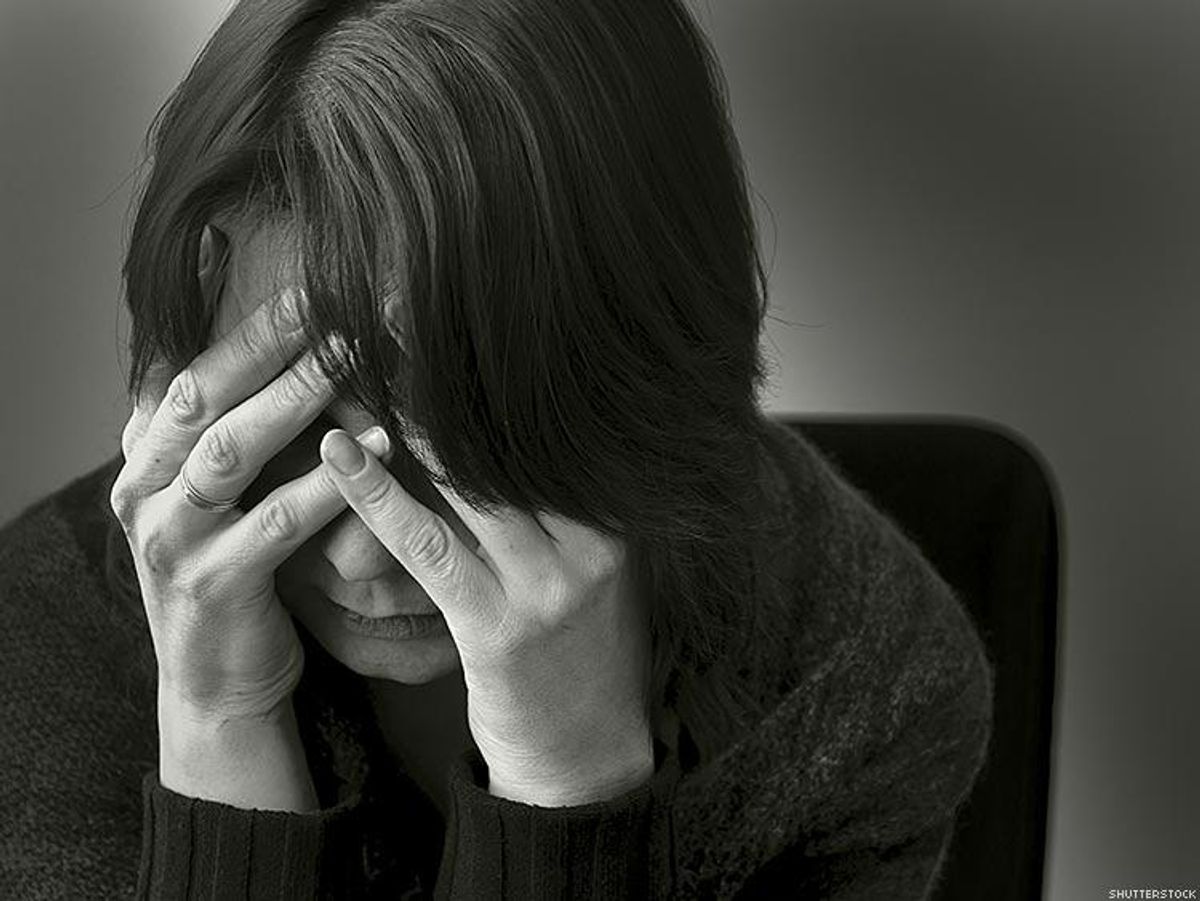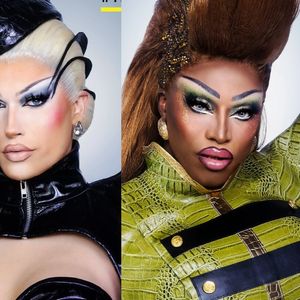Cisgender men killed by their male partners continue to represent the most intimate partner homicides in the LGBTQ and HIV-impacted population, while bisexuals, transgender people, and people of color are also disproportionately affected by intimate partner violence, reports the National Coalition of Anti-Violence Programs.
The coalition today released its report Lesbian, Gay, Bisexual, Transgender, Queer and HIV-Affected Intimate Partner Violence in 2014. The report is the most comprehensive of its kind, collecting data from 16 anti-violence programs in 13 states: Arizona, California, Colorado, Illinois, Massachusetts, Michigan, Minnesota, Missouri, New York, Ohio, Rhode Island, Texas, and Vermont.
These programs received 2,166 reports of intimate partner violence in 2014, a decrease of nearly 20 percent from 2013, after an increase from 2012 to 2013. However, a decrease in reports does not necessarily indicate a decrease in prevalence, anti-violence activists pointed out, and the total number of reports tends to fluctuate from year to year. "The need to bring visibility and resources to the experiences and needs of LGBTQ survivors of IPV remains a critical issue facing our country," said Beverly Tillery of the New York Anti-Violence Project, which administers the coalition, in a press release announcing the report.
The NCAVP documented intimate partner homicides in 2014, down from 21 in 2013. For the fourth year in a row, the data showed cisgender (nontrans) men to be disproportionately affected. Of the 15 reported homicides, eight were cis men, seven of whom were killed by current or former male partners. "We know from the National Intimate Partner Violence Survey by the Centers for Disease Control that lesbians, gay men, and bisexual people experience IPV at the same or higher rates as non- LGB people, and actual homicide numbers are likely much higher," said Vanessa Volz of Sojourner House in Providence, R.I., in the press release "The lack of awareness and visibility in the media -- and in society generally -- around fatal intimate partner violence as it affects LGBTQ and HIV-affected people needs to change."
Also for the fourth consecutive year, people of color made up the majority of survivors of intimate partner violence, this year coming in at 51 percent. African-Americans were 1.89 times more likely than all other racial groups to experience such violence, the report notes.
Bisexuals were twice as likely as others to experience intimate partner violence of a sexual nature, according to the report. This was the second year in a row the coalition had found bisexual people to be disproportionately affected in this manner.
Transgender people, meanwhile, were nearly twice as likely as nontrans people to experience intimate partner violence in public, and they were more than three times as likely to experience discrimination, which makes it difficult to access services. Undocumented transgender survivors faced even higher levels of discrimination.
Economics also played a role in intimate partner violence. For the first time, the NCAVP gathered data on survivors who are on public assistance and found that they experienced physical violence and injury at a greater rate than others, while people of color and transgender people were more likely to be receiving public assistance.
"Economic violence is often a central form of abuse within IPV, and survivors who face societal economic vulnerabilities may be more vulnerable to economic abuse and exploitation from their abusive partners, said Chai Jindasurat of the New York City Anti-Violence Project. "Policymakers and funders should fund economic empowerment programs targeted at LGBTQ and HIV-affected communities, particularly LGBTQ and HIV-affected communities of color, transgender communities, immigrant communities, and low-income communities."
An encouraging development is that more survivors sought orders of protection in 2014 -- 24 percent, up from 17 percent in 2013 -- and that a much higher percentage of these orders was granted -- 85 percent, up from 58 percent in 2013. There were also increases in the percentage of survivors seeking shelter services and reporting their experience to police.
The response of police and social service agencies to LGBTQ and HIV-affected survivors of intimate partner violence has been improving, the report notes, partly due to the Violence Against Women Act reauthorization of 2013, which put in place prohibitions on discrimination based on sexual orientation and gender identity. But much remains to be done, the report's authors say.
Key recommendations from the report, for policymakers, researchers, and funders:
* Ensure that the federal government collects comprehensive and inclusive information on sexual orientation and gender identity whenever demographic data is requested in studies, surveys, and research, including intimate partner violence.
* Ensure that LGBTQ survivors are included in all prevention assessments and that coordinated community responses include specific and targeted programming for LGBTQ survivors.
* Fund specific intimate partner violence prevention initiatives for LGBTQ and HIV-affected people.
* Fund economic empowerment programs targeted at LGBTQ and HIV-affected people, particularly people of color, transgender people, immigrants, and low-income people.
* Enact compassionate, comprehensive immigration reform to reduce barriers for LGBTQ and HIV-affected immigrant survivors of IPV.
You can download the full report here.


















































































